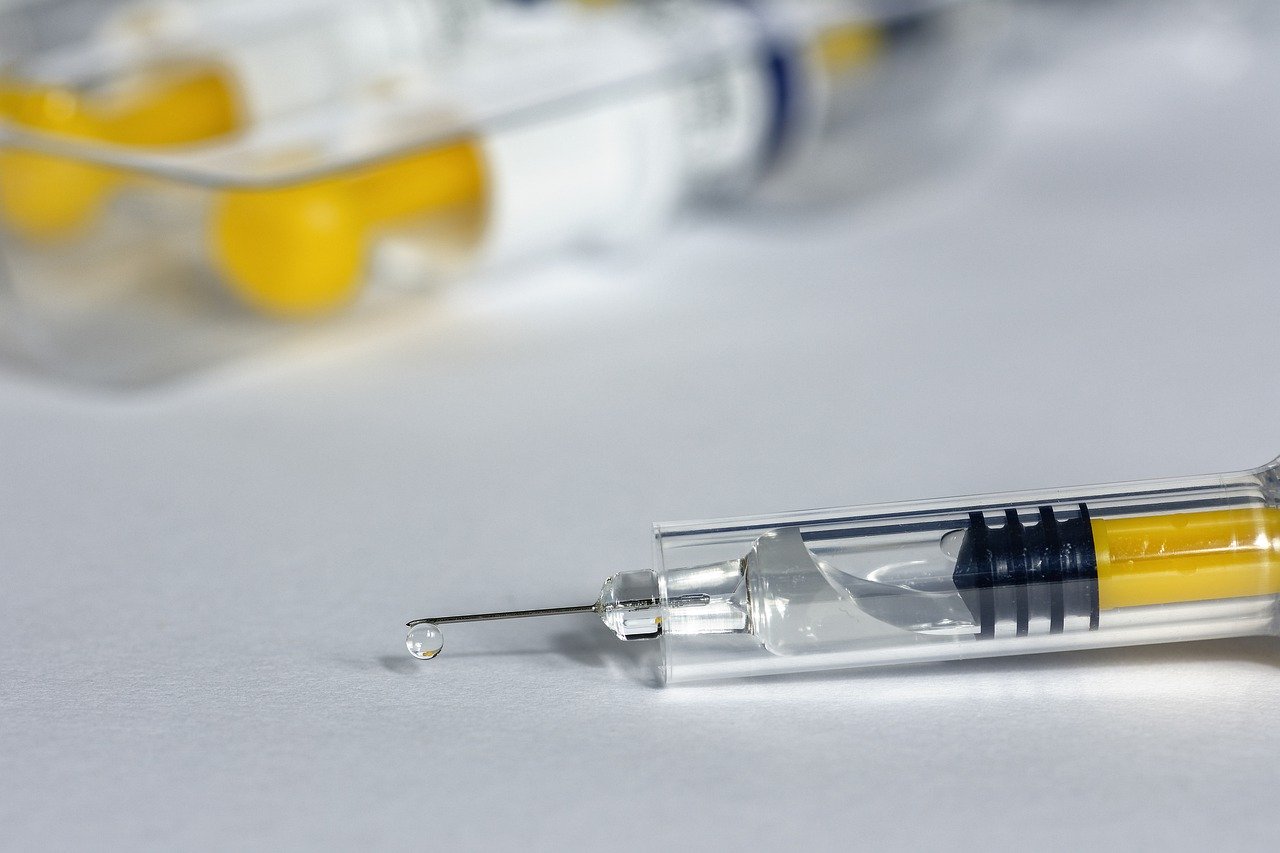
A Covid-19 vaccine from biotechnology firm Moderna has shown promising results in terms of inducing immune responses in a Phase 1 study.
Early results from a Phase 1 study, published in the New England Journal of Medicine, revealed that the Moderna vaccine induced immune responses in all of the volunteers who received it.
The vaccine, which was developed by Moderna in partnership with the National Institutes of Health, worked to trigger an immune response with mild side effects, including fatigue, chills, headache, muscle pain, and pain at the injection site.
It became the first US vaccine candidate to publish results in a peer-reviewed medical journal. A large Phase 3 trial, the final trial stage before regulators decide to make it available, is expected to start this month.
In a press release on Tuesday, the biotech company pointed out that if all goes well in future studies, "the Company remains on track to be able to deliver approximately 500 million doses per year, and possibly up to 1 billion doses per year, beginning in 2021."
The Phase 1 trial
Dr. Lisa Jackson, a senior investigator at Kaiser Permanente Washington Health Research Institute in Seattle who was involved in the study, said that in the Phase 1 study, "the goal was to look at safety and then to look at immune responses."
Dr. Jackson explained: "We thought the immune responses look promising, but we don't know whether the levels we're seeing would actually protect against infection. It's really hard to know that until you do the actual efficacy trial."
"So we're laying the groundwork for the trial that will provide those answers," she added.
Moderna expects the Phase 3 trials of its Covid-19 vaccine candidate mRNA-1273 to begin on July 27, becoming the first US vaccine to reach this stage.
Dr. Jackson pointed out that for now, the new study "provided information rapidly that could be used to determine what dose to go forward with Phase 2 and Phase 3 trials. That's a critically important decision to make and so having that information available so soon after the vaccine trial was initiated is pretty remarkable."
The Phase 1 trial involved 45 healthy adults, ages 18 to 55, who received two vaccinations of the mRNA-1237 vaccine candidate 28 days apart, Some of the study volunteers were situated at Kaiser Permanente in Seattle while others were at Emory University in Atlanta.
The volunteers were separated into groups based on different doses of 25, 100 or 250 micrograms. Vaccinations were done between March 16 and April 14.
Dr. Jackson discussed: "The first dose sort of sets the immune system up, it's called priming. So that when you then administer the same thing again, there's a booster response. There's an augmented response. So we did not think that one vaccination would be sufficient to get the level of response that we wanted to see."
Research results
According to the researchers, they found "no trial-limiting safety concerns" after volunteers received their two doses of vaccine, but there were some mild to moderate side effects, including some pain at the injection site, and more were observed in higher doses of the vaccine.
The study data also revealed that the vaccine induced an antibody response. It also showed that specifically, all participants developed neutralizing antibodies to the virus at levels similar to those seen in people who've naturally recovered from Covid-19.
Neutralizing antibodies bind to the virus, disabling it from attacking human cells.






